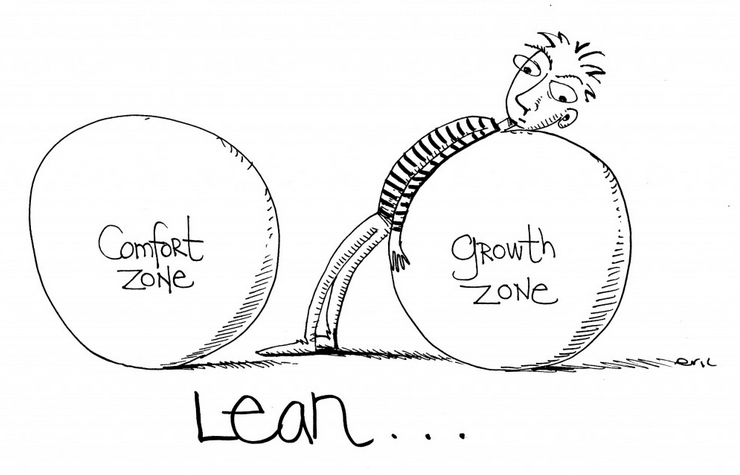30 Nov Everyone Gets a Piece of the Pie – Community Partnerships that Matter by Kellie Brungard, GPC
Posted at 21:11h
in Budgets, Community, Competency Three, Kellie Brunguard, Program Design, Relationships
Partnerships can be a powerful tool in communities when they are designed to support everyone involved. Much like making a homemade pie, it takes preparation, time, and trust in the process. Here are some tips and considerations when designing partnerships to make sure everyone has a slice of the pie.










